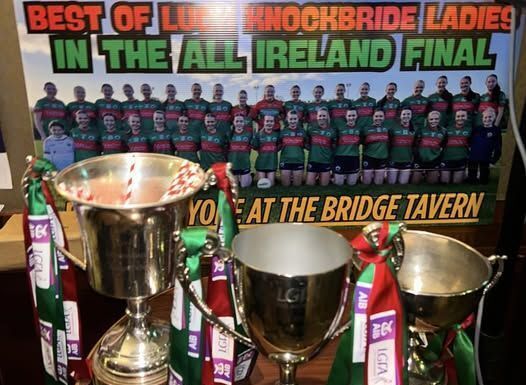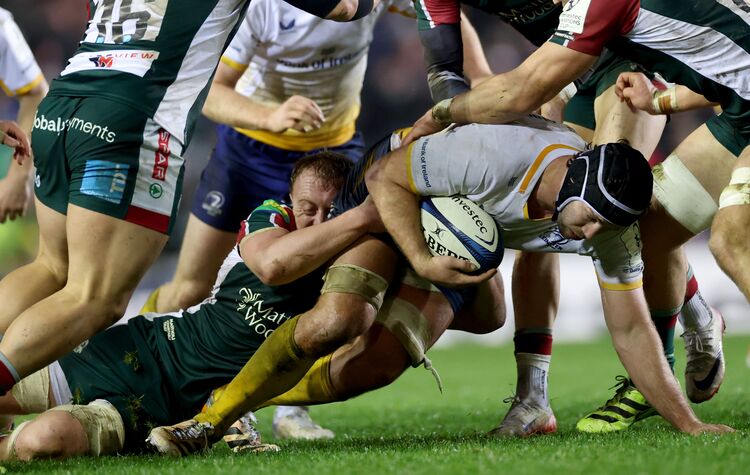A federal judge in Massachusetts last week ruled that the two journalists who compiled the Boston College Troubles archive did not have legal standing in the case that has pitted Boston College against the U.S. Justice Department.
Accordingly, Ed Moloney and Anthony McIntyre were not in a position to argue in court against the release of archived testimonies of activists in the Troubles that were gathered under the promise of anonymity for the testifying individuals so long as they lived.
In a hearing, which was actually held at Boston College Law School, U.S. District Judge William Young, threw out the effort by McIntyre and Moloney to become parties to the case with full legal standing before the court.
"My big problem is with the standing of your clients," Judge Young told attorney James Cotter, appearing for Moloney and McInture during what was a brief hearing with input only from lawyers and the judge himself.
Moloney and McIntyre have been arguing outside of court that the releases put lives in danger and are also endangering the peace process.
McIntyre's wife, Carrie Twomey, was in court hoping to state that the release of documents contained in the "Belfast Project" archive specifically endangered her husband and family.
Twomey, who is from California, but lives with her husband and children in County Louth, was not permitted to address the court.
Moloney and McIntyre have also contended that U.S. attorney general Eric Holder had improperly sought the archive material on behalf of British authorities without regard to the political damage the disclosures could have on the peace process.
"On the merits, I find the attorney general has acted appropriately . . . under this treaty," the Boston Globe reported Judge Young as stating. judge said.
Mr. Moloney, who lives in New York, told the Echo that he was not surprised by the judge's decision as a contrary ruling would have involve the judge reversing and earlier decision. He indicated that along with McIntyre he would appeal Judge Young's finding that they had no legal standing, along with the rest of the case, this before the U.S. First Circuit Court of Appeals.
Separately, Judge Young's decision to back the U.S. attorney's subpoenas seeking the transfer of the archives to federal prosecutors has been temporarily blocked as a result of a successful appeal by Moloney and McIntyre.
A federal appeals court issued an order preventing the surrender of the archive material to the Justice Department until further hearings could be held to determine whether doing so would pose a danger to the interviewers. In the meantime, however, Judge Young ordered Boston College to release a new batch of files from the archive.








